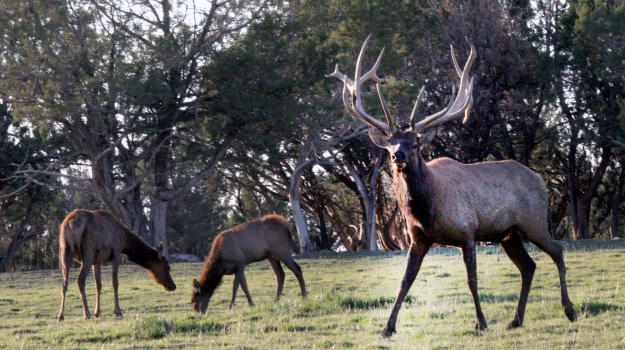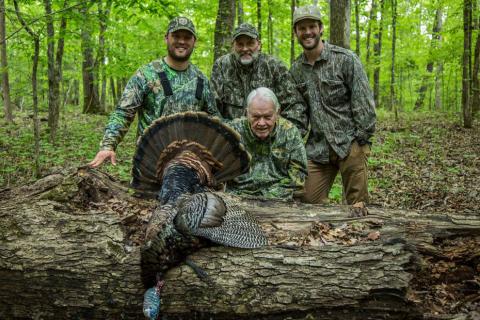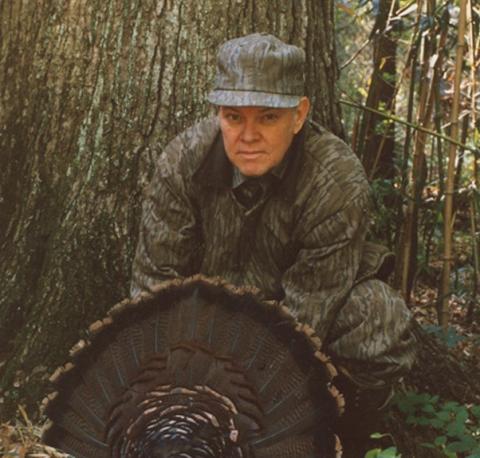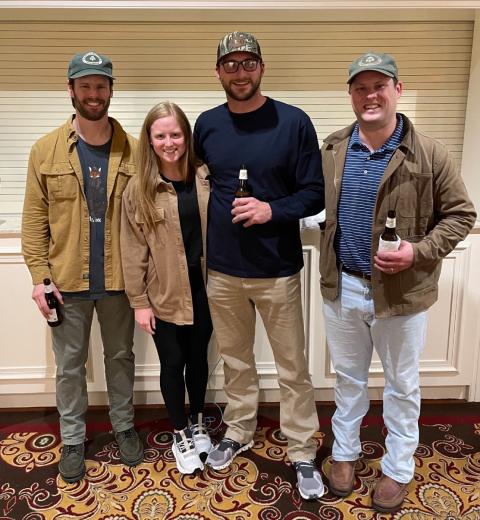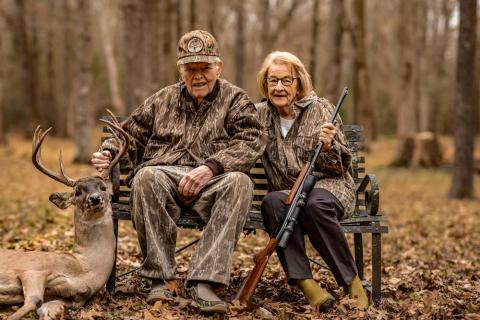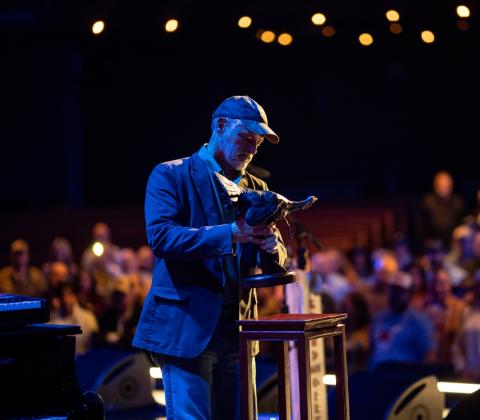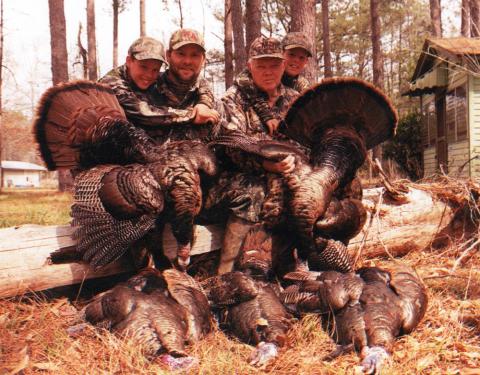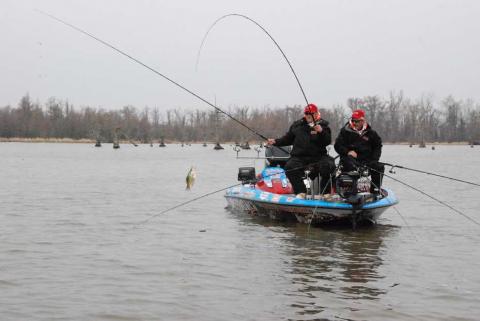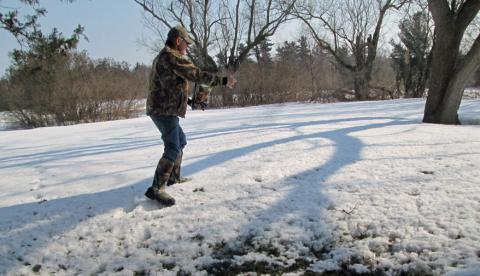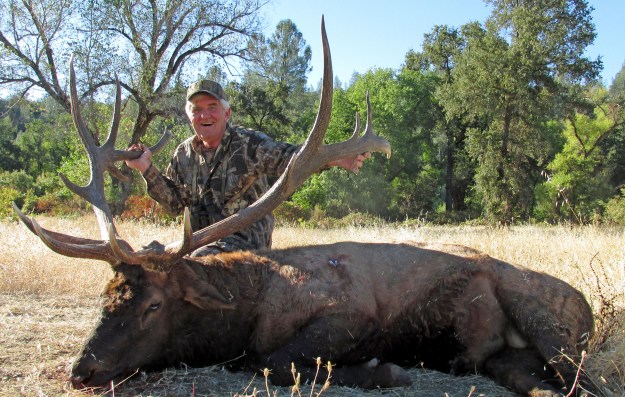
One of the questions I'm most often asked is, “What do you tip the guides?” Before I go on a hunt, I’ll ask my outfitter, “What does the guide expect for a tip?” Occasionally, we have people who hunt all week with us, and they don’t tip. I believe those people are just not aware of how the system works, or how a guide, a cook or a wrangler gets paid. My rule of thumb is: the only time I don’t tip a guide is if I’ve had one of the worst hunts that I’ve ever had in my life. If the guide hasn’t done what he’s promised he’ll do, if he hasn’t been courteous and friendly, and if he hasn’t worked hard to produce the very best hunt that I can go on, then I won’t give that guide a tip. However, if my guide has worked his fanny off trying to help me find and take an elk, if I’ve had a good time, even though it’s been a hard hunt, I'll tip that guide, whether I’ve had a successful hunt or not. If I’ve seen elk, but for one reason or another, I hadn’t been able to get close enough to take the elk, I'm going to tip that guide as much as I will if I’ve taken an elk. Most elk guides consider the tip the majority of money they’ll receive for guiding. Guides don’t usually make a lot of money from the outfitter. I don’t really know what an appropriate tip is. However, when I have hunters in camp on trips where I'm guiding or outfitting, if one of the hunters asks me, “What should I tip my guide?” I tell him, “In most service industries, the standard tip is 10-15 percent or as much as 18 percent.” If you pay $5,000 for an elk trip, at least a $500 tip is appropriate. Most guides will not be disappointed with a $500 tip.
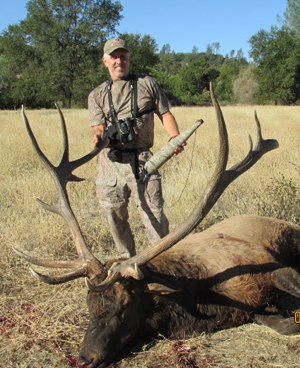 Here’s another thing to consider. Most of the time when you go on a guided hunt, you should tip the guide, the wrangler and the cook. So, I’ll divide up my $500 tip. I may give the guide $300, the cook $100 and the wrangler $100. Over the years, I've learned to hand out the tip to each person individually. I don’t give the guide a $500 tip and ask him to give a portion to the cook and the wrangler. I give each one of them the tip that I want them to have.
Here’s another thing to consider. Most of the time when you go on a guided hunt, you should tip the guide, the wrangler and the cook. So, I’ll divide up my $500 tip. I may give the guide $300, the cook $100 and the wrangler $100. Over the years, I've learned to hand out the tip to each person individually. I don’t give the guide a $500 tip and ask him to give a portion to the cook and the wrangler. I give each one of them the tip that I want them to have.
On some hunts, your guide will be with you before daylight until well after dark. Your cook will get up before daylight and cook breakfast and then have dinner ready for you when you come back. But the cook has most of the day off. So, does the wrangler. In my opinion, that’s why the guide needs to receive the largest part of the tip. I think the tip needs to reflect the kind of service you’ve received while on your elk hunt. If I’ve had a really good hunt, I’ll tip more than $500 on a $5,000 hunt.
Another form of tipping is to give the guide some hunting gear. Many hunters will make a part of their tip a knife, a special kind of light or some type of quality gear that the guide probably can’t afford or may not know where to get. Some clients even have left us with a new gun or the gun they’ve used for hunting - and that’s a great tip! But generally cash is the best tip.
I think the bottom line on how to pick an outfitter and what to expect for that outfitter is:
- Learn all you can about the outfitters that you may want to hunt with well in advance of the hunt;
- Learn everything about the hunt from the outfitter before you arrive;
- Book an outfitter who can provide a hunt to match your physical condition;
- Consider the tip before you leave home, and make sure you carry the money you plan to tip with you;
- Let the amount of your tip reflect the type of hunt you’ve had;
- Make sure that what you’ve been promised before the hunt happens during the hunt;
- Be sure the cost of the hunt reflects the type of hunt that you can expect;
- Know before you arrive at camp all you can about the guide you're going to spend 5-7 days with;
- Let the guide know all he can about you before you arrive at camp;
- Find out how long your guide has been working for the outfitter you're booking a hunt with;
- Call the Fish and Wildlife Department in the state where you’ll be hunting, talk to the biologists for the areas, and ask them about the elk population in that region, and what size bulls you can reasonably expect to take. Ask the biologist if he knows this outfitter and his reputation; and
- Find out if there is an outfitters’ association in the state you plan to hunt. Call that association to find out all the info you can about the outfitter and the guides he uses.
An elk hunt should be personalized to your needs, wants and physical condition.
To learn more about how to pick an outfitter or to hunt with Mossy Oak pro Parrey Cremeans and the guides he knows, you can go to the www.justforhunting.com website, or call 650-888-0808.
Day 4: Why You Can Count on Your Guide to Make Up for Your Mistakes
















